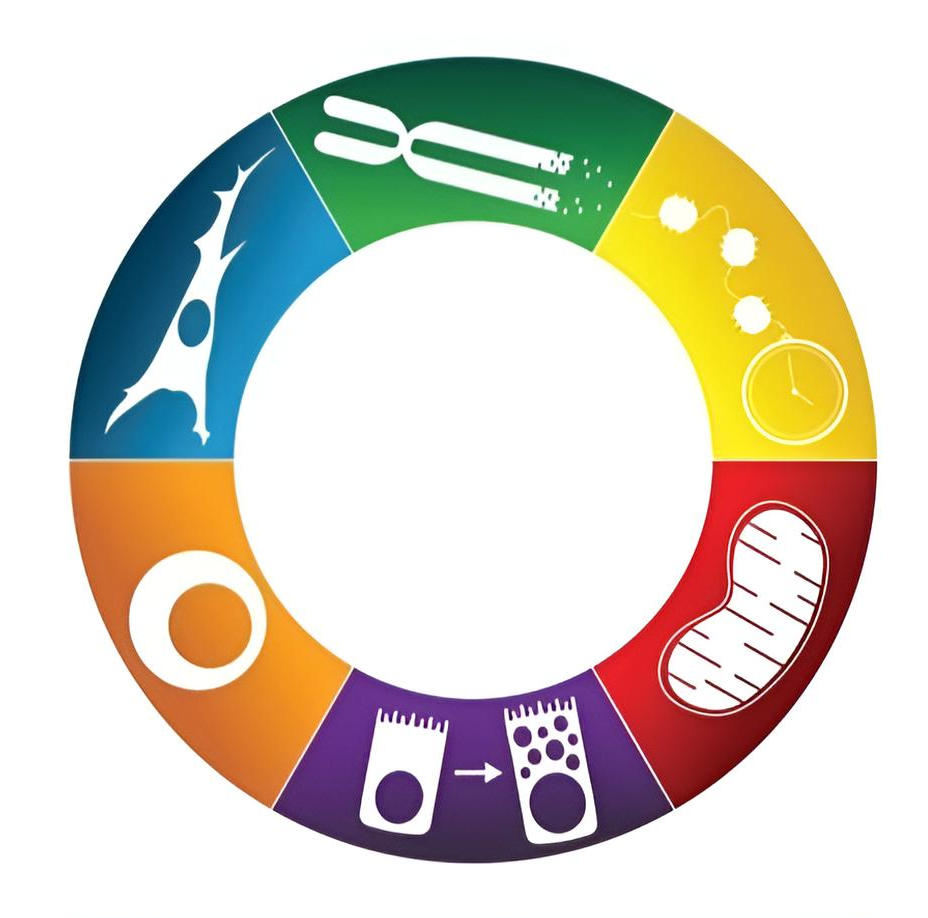Maria Natalia Gandur Quiroga shared a post on X:
“The Hallmarks of Precancer.
AACR Journals, April 4, 2024
Key Findings:
1. Importance of Precancer Research: Crucial for effective early interventions. Identifying at-risk tissues and early lesions can alter the trajectory of cancer prevention.
2. Focus on Age: Differentiating between chronological and biological age is key to understanding the risk of precancerous lesions.
3. Core Discoveries: Six cellular/molecular traits consistently observed across different precancerous tissue types have been identified.
4. Future Perspectives: Precancer research is focused on understanding how macroenvironmental factors influence predisposition and progression from precancerous lesions to malignant cancers.
Highlights:
1. Age-related Genetic and Epigenetic Alterations: DNA changes that we accumulate as we age play a role in the development of precancerous cells.
2. Regenerative Mechanisms and Epithelial Transitions: How precancerous cells use the body’s healing processes for their own abnormal growth.
3. Microenvironment Influence: The immune system’s ability to identify and destroy precancerous cells is crucial to prevent progression to cancer.
Towards the Future:
1. Future research aims to identify how, when, and which specific macroenvironmental factors predispose certain cells to cancer.
2. Integrating multi-omics analyses with patient data promises to reveal how macroenvironmental risks molecularly affect cells, paving the way for more effective prevention and treatment strategies.
Conclusion:
This study emphasizes the complexity of precancer and the need for personalized preventive approaches. Understanding the interaction between genetic, epigenetic, and environmental factors brings us closer to more precise and effective prevention strategies and treatments.”
Source: Maria Natalia Gandur Quiroga/X
Maria Natalia Gandur Quiroga is a Medical Oncologist and Chief of the Division of Genitourinary Medical Oncology at the Instituto de Oncología Ángel H. Roffo in Buenos Aires, Argentina. She is a Professor of Medicine at the University of Buenos Aires at the Oncologists Post Graduates Studies. Her research focuses on clinical trials with aims to improve the treatment of patients with urologic tumors. She is an active member of the European Association for Cancer Research, Argentinian Medical Association and American Society of Clinical Oncology.


